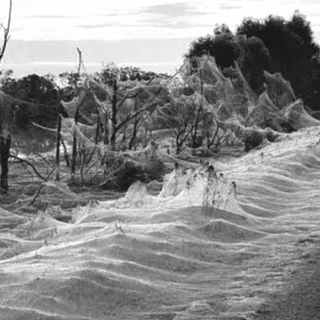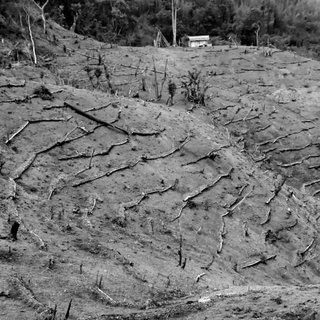Scientists recently extracted the oldest ice in the Alps region — in a bid to preserve the “climate memory” of the planet. The ice will be sent for storage in Antarctica after scientists perform an initial round of analysis on it.
The endeavor is part of an international project called “Ice Memory,” an initiative by French, Italian, and Swiss glaciologists. The team believes that this project is crucial because, by the end of the century, the Earth will lose a significant chunk of its glaciers to global warming. Preserving stacks of ancient ice, therefore, is the team’s way to ensure we don’t lose the scientific evidence these glaciers store. The ice core extracted by the team is argued to be key to understanding how the Earth’s climate has changed over the past 10,000 years.
“The mission was a success: the team obtained two ice cores over 80 meters [262 feet] deep from a very important site, which contains information on the climate of the last 10,000 years,” Carlo Barbante, a professor of analytical chemistry from the Ca’ Foscari University of Venice in Italy, said in a statement.
Related on The Swaddle:
Climate Change Is Turning Antarctica’s Snow Green
Scientists believe that the exercise will be extremely useful for research into ways to address the ongoing climate crisis, which is slated to worsen with the passage of time. “Our climate is in a state of emergency… [and] to face this crisis, it is necessary to understand the causes and find possible solutions, so the research and teaching are necessary,” Tiziana Lippiello, Vice-Rector of the Ca’ Foscari University, told the media.
Reportedly, the process of extraction spanned five days and, according to Barbante, the scientists had to face “harsh weather conditions, with strong gusts of wind and snow” while making the extraction at a height of more than 14,764 feet on the Colle Gnifetti glacier located in the Swiss-Italian Alps. But the team believes the trouble was worth the end result.
“If we lost archives such as this one, we would lose the memory of how humankind has altered the atmosphere,” Fabio Trincardi, a marine geologist and geophysicist, affiliated with the National Research Council of Italy, noted, adding: “Let us try to preserve it for the future generations who will study it when we are no longer here.”




